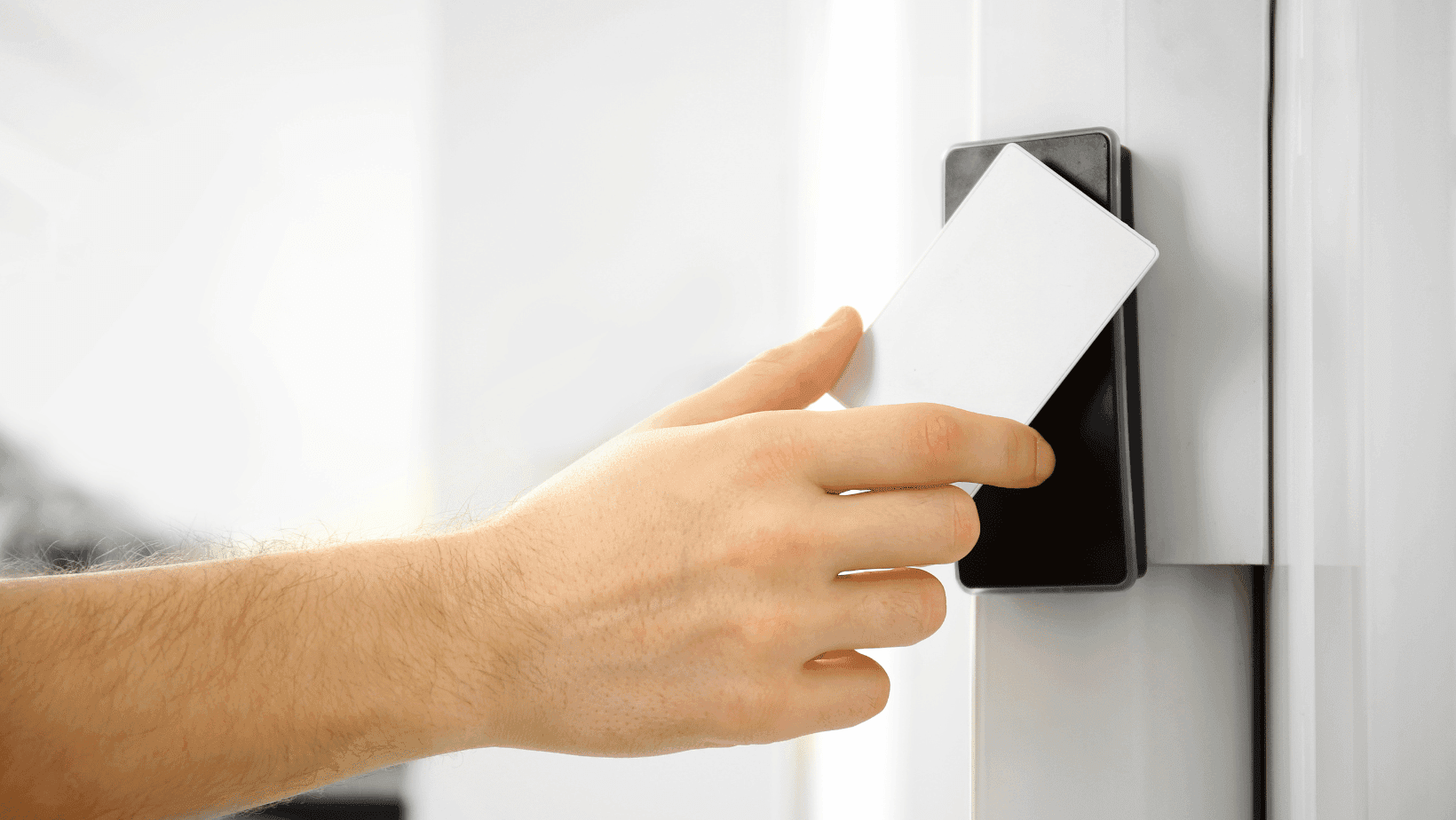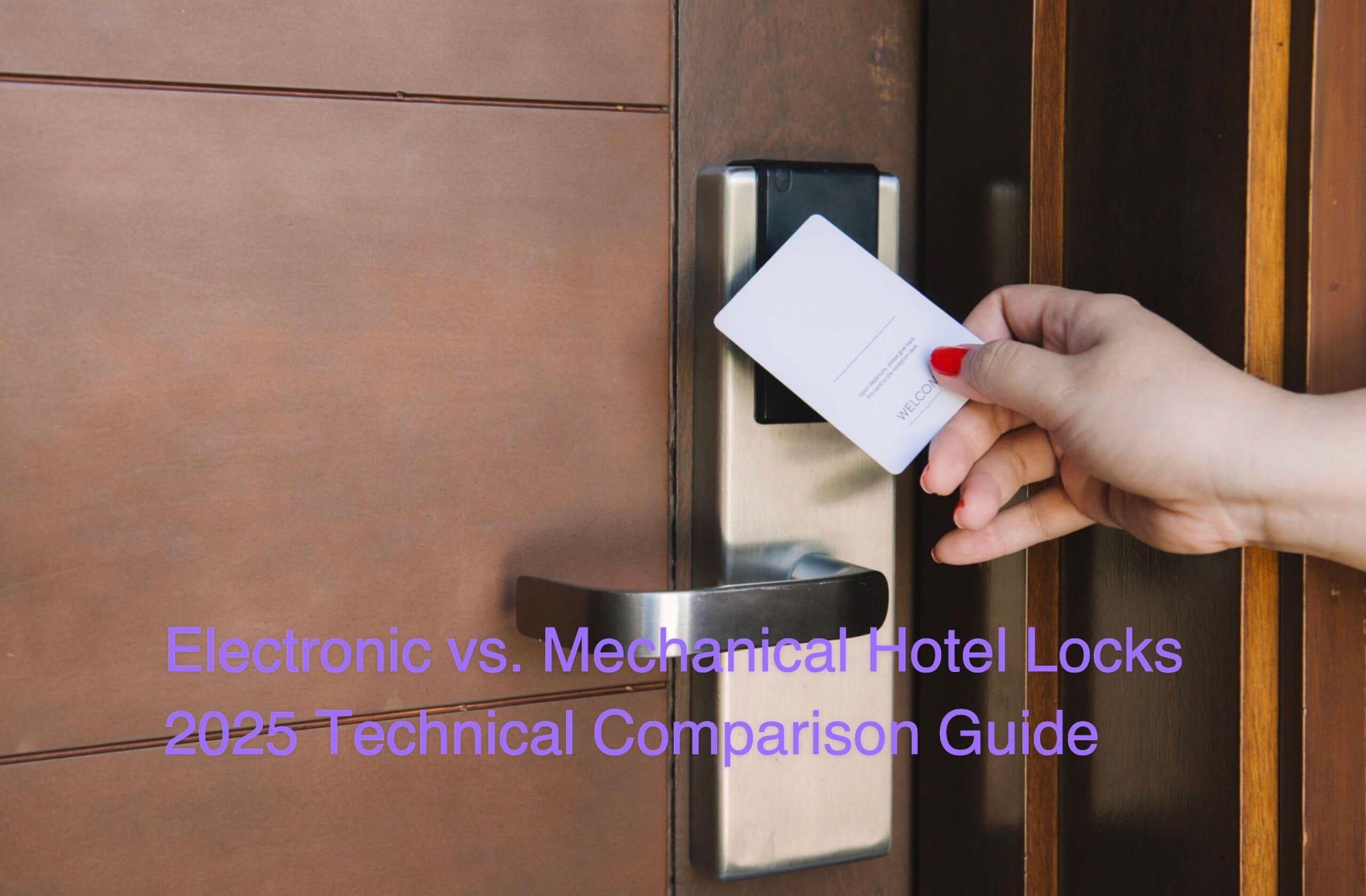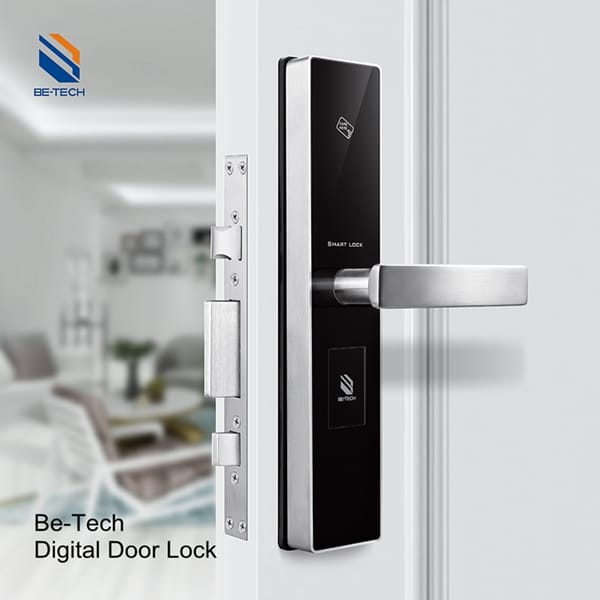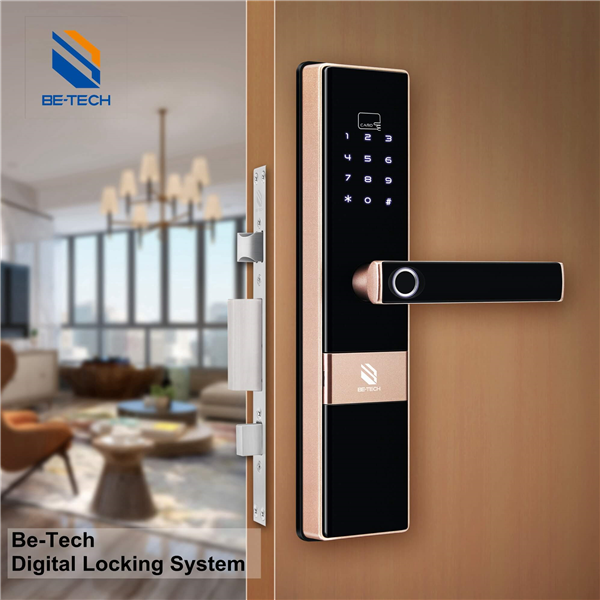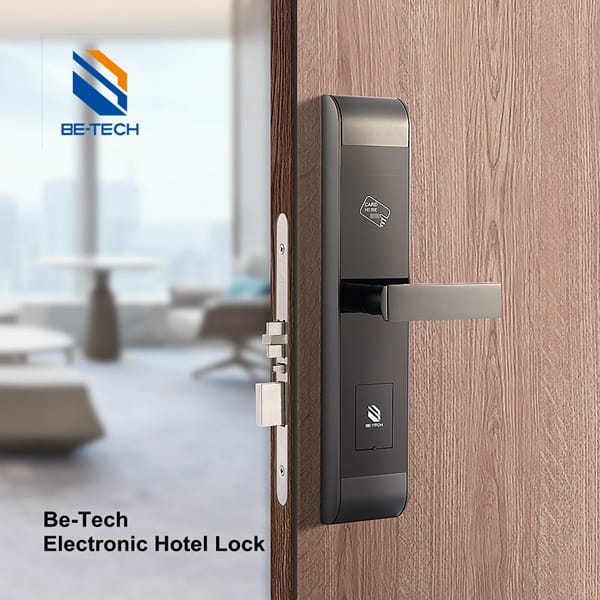In the ever-evolving landscape of the hospitality industry, security and convenience are paramount. One of the critical aspects of hotel management is ensuring that guests feel safe and have seamless access to their rooms. Over the years, hotel door lock systems have undergone significant transformations, moving from traditional metal keys to sophisticated keyless systems. This comprehensive guide delves into the various hotel door lock systems, exploring their evolution, benefits, and future trends. Be-tech Locks, a leader in hotel lock solutions, offers insights and expertise in this domain.
Traditional Key Systems
Types of Traditional Key Systems
Traditional key systems have been the backbone of hotel security for decades. These systems typically involve metal keys or magnetic stripe cards. Metal keys are the most basic form of hotel door locks, while magnetic stripe cards offer a slightly more advanced option.
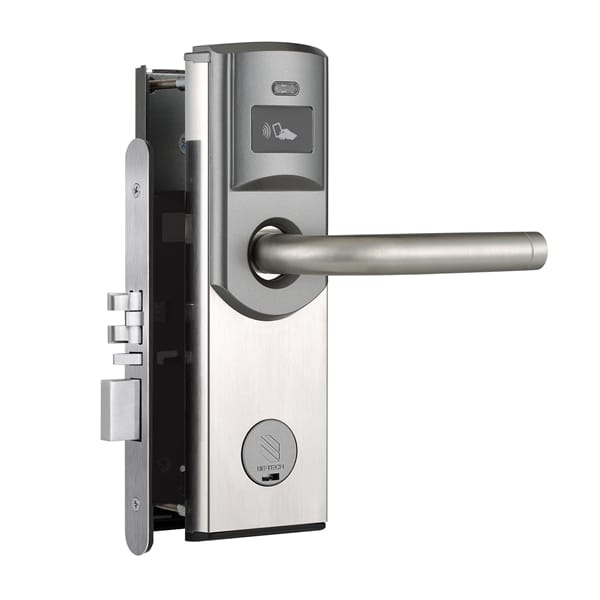
Advantages and Disadvantages
Advantages:
- Simplicity: Metal keys are easy to use and do not require any technological infrastructure.
- Cost-Effective: Initial costs are low, making them accessible for smaller hotels.
Disadvantages:
- Security Risks: Metal keys can be easily duplicated, leading to potential security breaches.
- Management Issues: Lost keys require rekeying of locks, which can be time-consuming and expensive.
- Wear and Tear: Magnetic stripe cards can wear out quickly, leading to frequent replacements.
Common Security Issues
Traditional key systems are prone to several security vulnerabilities. Metal keys can be lost or stolen, leading to unauthorized access. Magnetic stripe cards can be demagnetized or cloned, posing a significant security risk.
Keyless Entry Systems
Description of Keyless Entry Technologies
Keyless entry systems have revolutionized hotel security by offering advanced technological solutions. These systems include RFID cards, mobile key apps, and biometric systems.
RFID Cards: These cards use radio frequency identification technology to grant access. They are more secure than magnetic stripe cards and less prone to wear and tear.
Mobile Key Apps: Guests can use their smartphones as room keys, providing a seamless and convenient experience. This technology integrates with hotel management systems, allowing for remote check-in and access.
Biometric Systems: These systems use fingerprint or facial recognition technology to grant access. They offer the highest level of security and are becoming increasingly popular in luxury hotels.
Benefits of Keyless Systems
Enhanced Security: Keyless systems are more secure than traditional key systems. They are less prone to duplication and provide a higher level of control over access.
Convenience: Guests can enjoy a seamless check-in experience without the need to visit the front desk. Mobile key apps allow for remote access, making it easier for guests to enter their rooms.
Integration with Hotel Management Systems: Keyless systems can be integrated with hotel management software, providing real-time data on room occupancy and access. This integration helps in better resource management and enhances the guest experience.
Implementation Challenges and Solutions
Cost: The initial cost of implementing keyless systems can be high. However, the long-term benefits and savings on key replacements and security breaches make it a worthwhile investment.
Technical Issues: Keyless systems require a robust technological infrastructure. Hotels need to ensure that they have the necessary support and maintenance in place to handle any technical issues.
Guest Adaptation: Some guests may be hesitant to adopt new technology. Hotels can address this by providing clear instructions and support to help guests adapt to keyless systems.
Comparative Analysis
Security Comparison
Keyless systems offer a higher level of security compared to traditional key systems. RFID cards, mobile key apps, and biometric systems are less prone to duplication and unauthorized access. Keyless systems also provide real-time data on room access, allowing for better monitoring and control.
Cost Analysis
While the initial cost of implementing keyless systems can be high, the long-term benefits outweigh the expenses. Keyless systems reduce the need for frequent key replacements and rekeying of locks. They also minimize security breaches, saving costs on potential damages and liabilities.
Guest Satisfaction
Keyless systems enhance the guest experience by providing a seamless and convenient check-in process. Guests appreciate the ease of using mobile key apps and the added security of biometric systems. Hotels that have adopted keyless systems report higher levels of guest satisfaction and positive feedback.
Case Studies
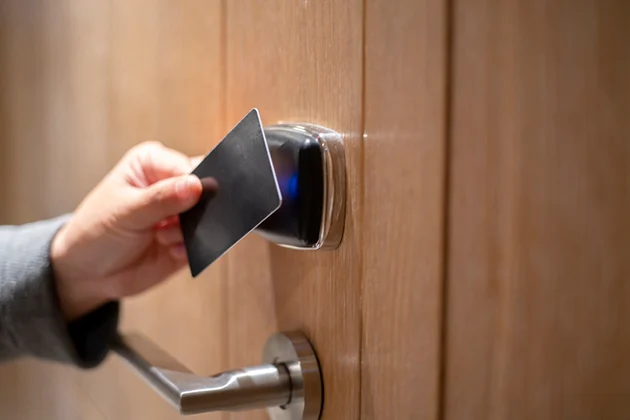
Successful Transition to Keyless Systems
Hotel A: This luxury hotel transitioned from traditional key systems to RFID cards. The hotel reported a significant reduction in key-related issues and an increase in guest satisfaction. The integration with the hotel management system allowed for better resource management and enhanced security.
Hotel B: A mid-sized hotel implemented mobile key apps, allowing guests to use their smartphones as room keys. The hotel saw an increase in positive reviews and repeat bookings. The mobile key system also provided valuable data on guest preferences, helping the hotel personalize services.
Lessons Learned and Best Practices
Hotels that have successfully transitioned to keyless systems highlight the importance of thorough planning and staff training. Clear communication with guests about the new system and providing support during the transition phase are crucial. Regular maintenance and updates to the keyless system ensure its smooth functioning and longevity.
Future Trends
Emerging Technologies
The future of hotel door lock systems lies in the integration of advanced technologies. Blockchain technology is being explored for its potential to enhance security and provide tamper-proof access records. The Internet of Things (IoT) is also making its way into hotel security, allowing for seamless integration of door locks with other smart devices.
Predictions for the Future
The trend towards keyless entry systems is expected to continue, with more hotels adopting mobile key apps and biometric systems. The focus will be on providing a personalized and secure guest experience. Hotels will also explore sustainable solutions, such as energy-efficient locks and eco-friendly materials.
Conclusion
The evolution of hotel door lock systems from traditional keys to keyless solutions has significantly enhanced security and guest convenience. Be-tech Locks offers a range of advanced lock solutions that cater to the needs of modern hotels. By adopting keyless systems, hotels can provide a seamless and secure experience for their guests, ensuring higher satisfaction and loyalty.


